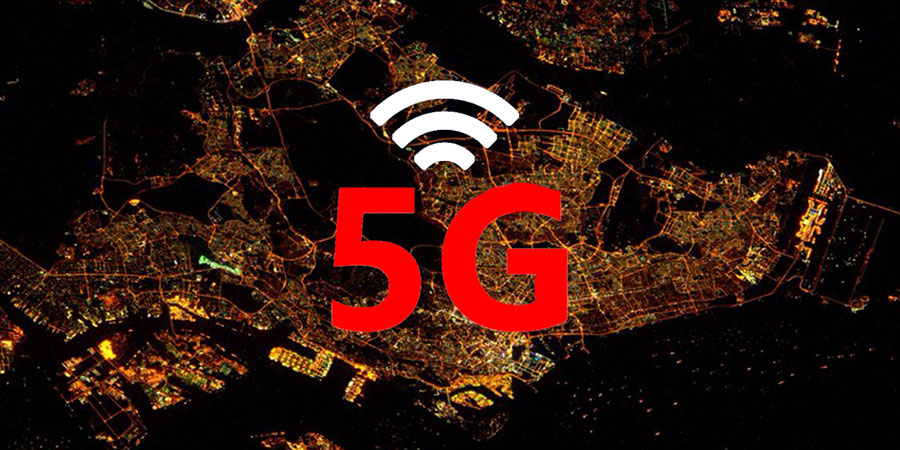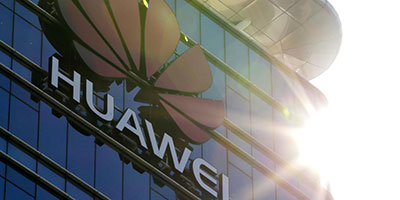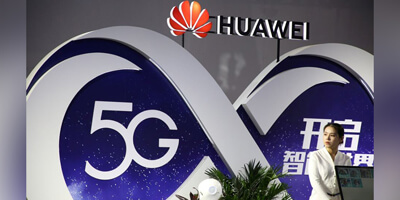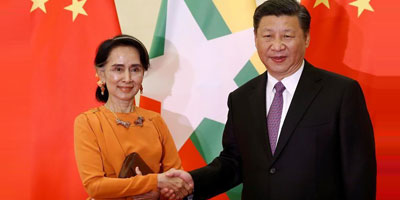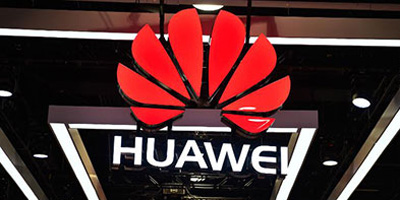A public consultation has been launched by Singapore’s Infocomm Media Development Authority (IMDA) to determine the suitable regulatory framework needed for 5G technology in order to start deploying the technology by 2020.
Policy News
Large income for Hong Kong in spectrum auction
ExpiredIn the sale of 120 MHz of spectrum in both 900MHz and 1800MHz bands, Hong Kong’s government was able to earn HKD6 billion ($767 million).
Optus pushes for new rules to speed up 5G deployment
ExpiredOptus has called for new mobile tower rules as the current rules in place in Australia are unfit for the deployment for 5G networks.
Huawei says ‘no evidence’ of security threats, the company’s record remains clear
ExpiredHuawei defended its global ambitions and network security in the face of Western fears that the Chinese telecom giant could serve as a Trojan horse for Beijing's security apparatus.
Social media platforms under fire following New Zealand terror attack
ExpiredSocial media platforms such as Facebook, YouTube and Twitter are facing scrutiny following the horrific terrorist attack in New Zealand.
China court to block iPhone sales at Qualcomm's request
ExpiredA Chinese court ordered a ban in the country on iPhone sales in a patent dispute, said US chipmaking giant Qualcomm.
Data flows between the EU and Japan are now ‘safe’
ExpiredThe European Union and Japan finalized common rules to protect personal information, and launched what they called the “world's largest areas of safe data flows”. Firms can transfer data now that the executive European Commission finds that Japanese law offers “a comparable level of protection of personal data,” the commission said.
New Zealand explains the true reason behind Huawei ban
ExpiredNew Zealand denied that telecommunications giant Huawei was banned from a 5G network rollout because it is Chinese, saying the problem it faced was a technological one. Wellington also dismissed suggestions its intelligence services came under pressure from allies in the Five Eyes spy network to bar Huawei amid fears about cybersecurity and its potential links to Beijing.
China commits to enhancing ICT talent in Myanmar
ExpiredChina and Myanmar have agreed to strengthen their cooperation in the educational field and ICT talent development in particular with a new MoU signed by Chinese colossus Huawei and Myanmar’s Rectors’ Committee under the supervision of the Ministry of Education.
Spark - Huawei 5G collaboration hindered by NZ intelligence agency ban
ExpiredNew Zealand's largest telecoms carrier Spark said that the country's intelligence agency had barred it from using equipment provided by China's Huawei in its 5G network as it posed “significant national security risks”. The move follows reports the United States is urging its allies to exclude the Chinese telecoms giant from 5G rollouts over cybersecurity fears.


